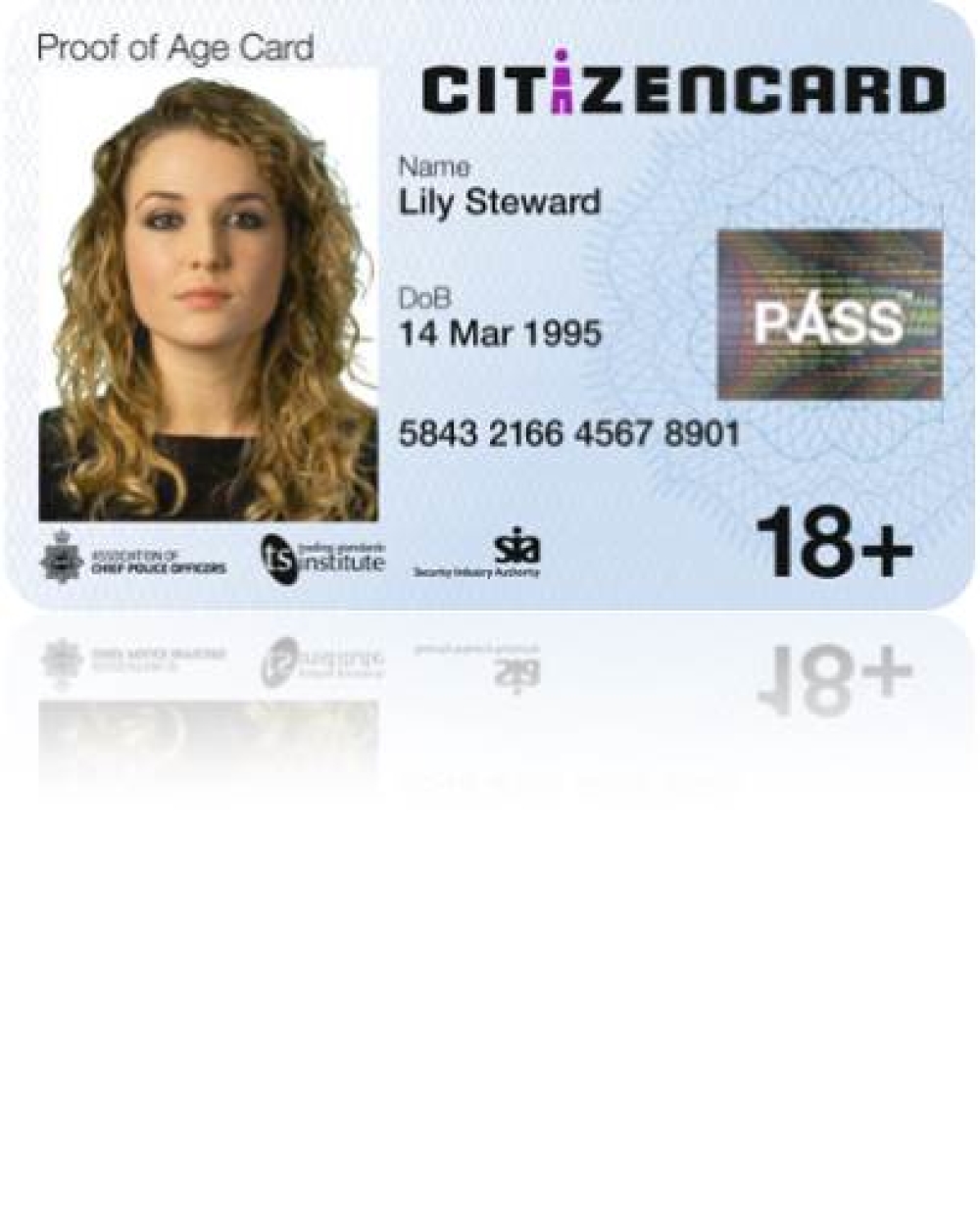You donât need a passport to visit your local
08 Feb 2017

The number of young fraud victims raised by over 50% last year and these fuels the fear that passports and driving licences stolen from bars and clubs nationwide, are now in the hands of criminals to open bank accounts, or travel illegally in or out of the UK.
This doesn’t only put the individual whose passport it is at risk, but also adds weight to the overall fraud and identity concerns we are seeing unfold already this year. Identity theft, regardless of age, is one of the biggest growth areas of fraud in the UK. 2016 saw an increase of 57% compared to 2015.
Losing a passport isn’t the only area young people are more susceptible to either – social media is another. Typically higher users of social media, the younger generations, including Millennials, tend to use social media more than others, especially chat platforms. Now seen as a ‘hunting ground’ for criminals, social media presents a huge, and often easy, route to personally identifiable information.
With the annual cost of fraud being reported as £193b, equating to £3000 per head in the UK, the cost is significant. And, when business fraud accounts for £144b of the total sum – the problem isn’t small.
Organisations have undoubtedly become much savvier and better in resolving fraud. But, as clever as businesses get – the fraudster simply broadens their target. Fraudsters are opportunists and look for ways and means of defrauding for personal gain. Where banks and financial providers become more successful in detecting false identities, fraud has moved towards stealing actual identities instead.
Not many people in society realise the extent to which identify theft takes place – and very rarely perceive themselves to be at risk. But, with passports popping out of back pockets and social media being a hub of personal information – the risk is only increasing. People need to check their privacy settings and be vigilant, and businesses need to continue to monitor and assess the threat of fraud – understanding trends and developments and be prepared to flex prevention and detection strategies accordingly.

Please login to comment.
Comments